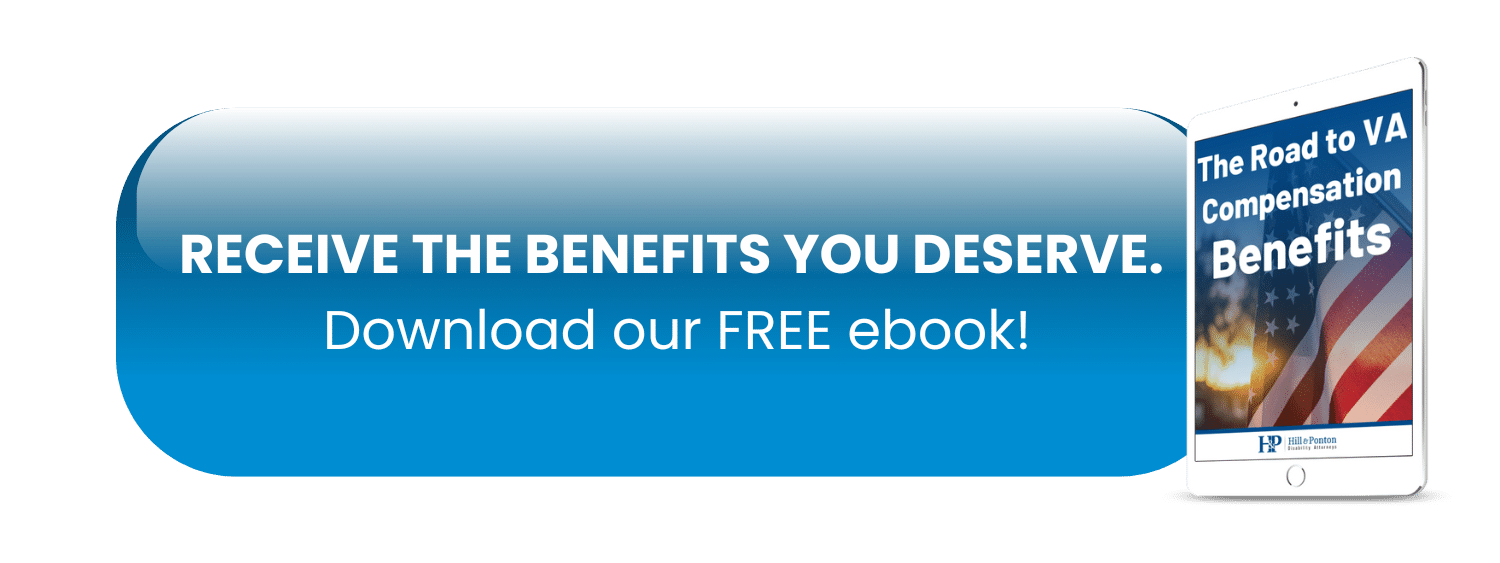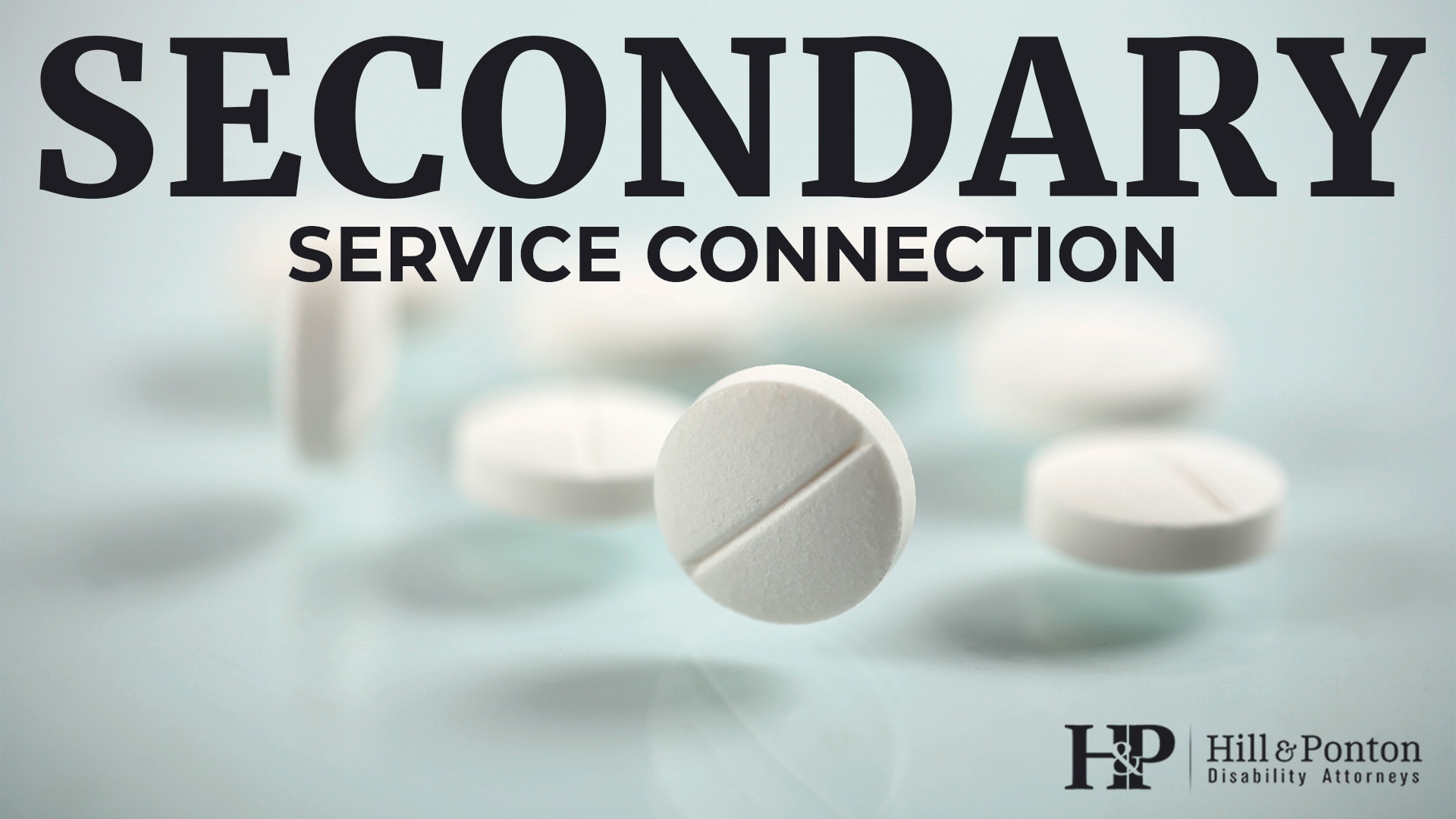There are a lot of things that can set you up for success, or for failure, when filing disability claims. It’s important to know what steps you can take to help ensure your chances of getting the VA disability benefits the first time around. In this article, we talk about seven critical things veterans do that help win their claims. Let’s take a look!
#1: Make sure they are timely with filing a claim.
Surprisingly, a lot of veterans may wait to file a claim until they have obtained all the necessary information they need, or until their condition has worsened enough to justify filing.
A timely filing of your claim will ensure that your effective date is as early as possible.
An effective date is the date in which your benefits become available to you, and is also used as the starting date for when disability payments from a claim are made.
It also determines the amount of retroactive benefits that you will receive.
The earlier the effective date, the more back pay you are likely to receive.
You should also be aware that the VA has a rule called the “Duty to Assist,” which means they are responsible for obtaining evidence on your behalf.
Waiting to file a claim in this instance, may cost you an earlier effective date, so it’s important to file as soon as possible.
#2: Provide complete information on all claim documentation.
- That you are eligible for VA disability benefits
- That something happened to you while serving that is the cause of the condition
- That your condition is considered severe enough to warrant VA benefits
It is sadly very common for first-time applications to be denied due to incomplete documentation.
Therefore, you should consider investing the time and effort into ensuring that your forms and evidence are organized, complete and thorough, to make it easy for the VA examiner to understand.
#3: Obtain a medical opinion from an expert, or a nexus letter from a private healthcare provider.
A nexus letter is a document that is specially prepared for a veteran to connect an in-service event to the current condition that they are seeking compensation for.
While a Compensation and Pension (C&P) examination is an important part of the claims process, relying on this alone may not adequately support the true extent of your condition.
Additional opinions from medical experts and nexus letters may prove beneficial because they provide a clearer picture of your symptoms or could potentially counter a VA examiner’s findings.
#4: Claim benefits for secondary conditions.
Secondary service-connected disabilities are those that are a direct result of already service-connected conditions.
There are a variety of ways that primary disabilities can cause a secondary disability. For example, some diseases lead to other health complications.
For example, a common secondary condition to hearing loss is depression.
It is important to file for secondary conditions simultaneously with primary conditions for several reasons.
- The evidence from the primary condition will likely pertain to the secondary condition.
- The effective date for the secondary condition may match the primary condition, resulting in a larger retroactive award.
Detailing all of your secondary conditions is vital, and without it, the VA may overlook the evidence linking the secondary conditions to the primary condition due to lack of detail in the claim.
#5: Only submit relevant information and evidence.
Remember, as tempting as it may be to submit all your service and medical records to the VA, you may actually be hindering your case.
All of this extraneous paperwork may make it difficult for the VA to locate pertinent information needed to prove your claim and support your condition.
This is why it’s important to only submit records that are specifically related to the condition you are filing a claim for.
You also should make sure that the evidence is necessary for you to obtain benefits.
Otherwise, it may cause delays or important details to be overlooked.
#6: Understand the VA’s process for awarding benefits.
The VA disability claims process is a very lengthy and somewhat complicated process, making it frustrating to understand at times.
It does involve filling out a lot of paperwork and waiting around for things to be approved, but there’s a lot more to it than that.
The VA only awards service-connected compensation when:
- You have a current diagnosed condition.
- You experienced an in-service event, injury or illness.
- You provide a medical nexus linking your current diagnosis with the in-service event.
It is sometimes difficult to establish all three elements of service connection, but it is important for you to know what the VA is looking for when processing your claim to award benefits.
#7: File for an appeal, if necessary.
Remember–just because your benefits claim was denied at first review does NOT mean it’s over!
The appeals process may seem daunting and lengthy, but it will be worth it when your claim gets approved.
Many claims end up being denied on the first attempt, but once more information is provided, they often have a greater chance of success.
At this point in the journey, it may be a good idea to consult with an attorney specializing in VA disability benefits claims to help you organize an appeal.
If you are interested in learning more about filing for disability benefits, or understanding the appeals process, be sure to check out our FREE ebook The Road to VA Compensation Benefits for a comprehensive guide.





